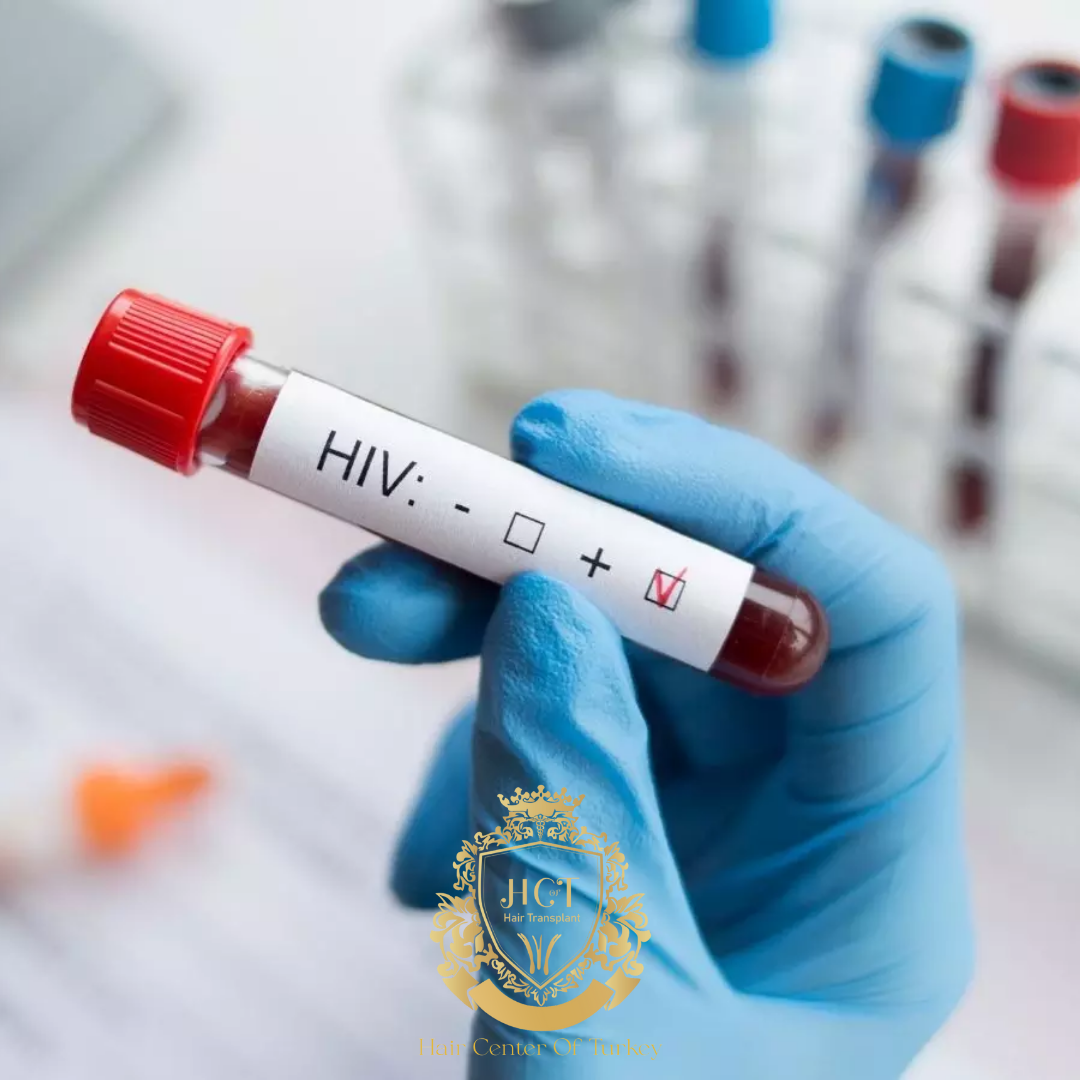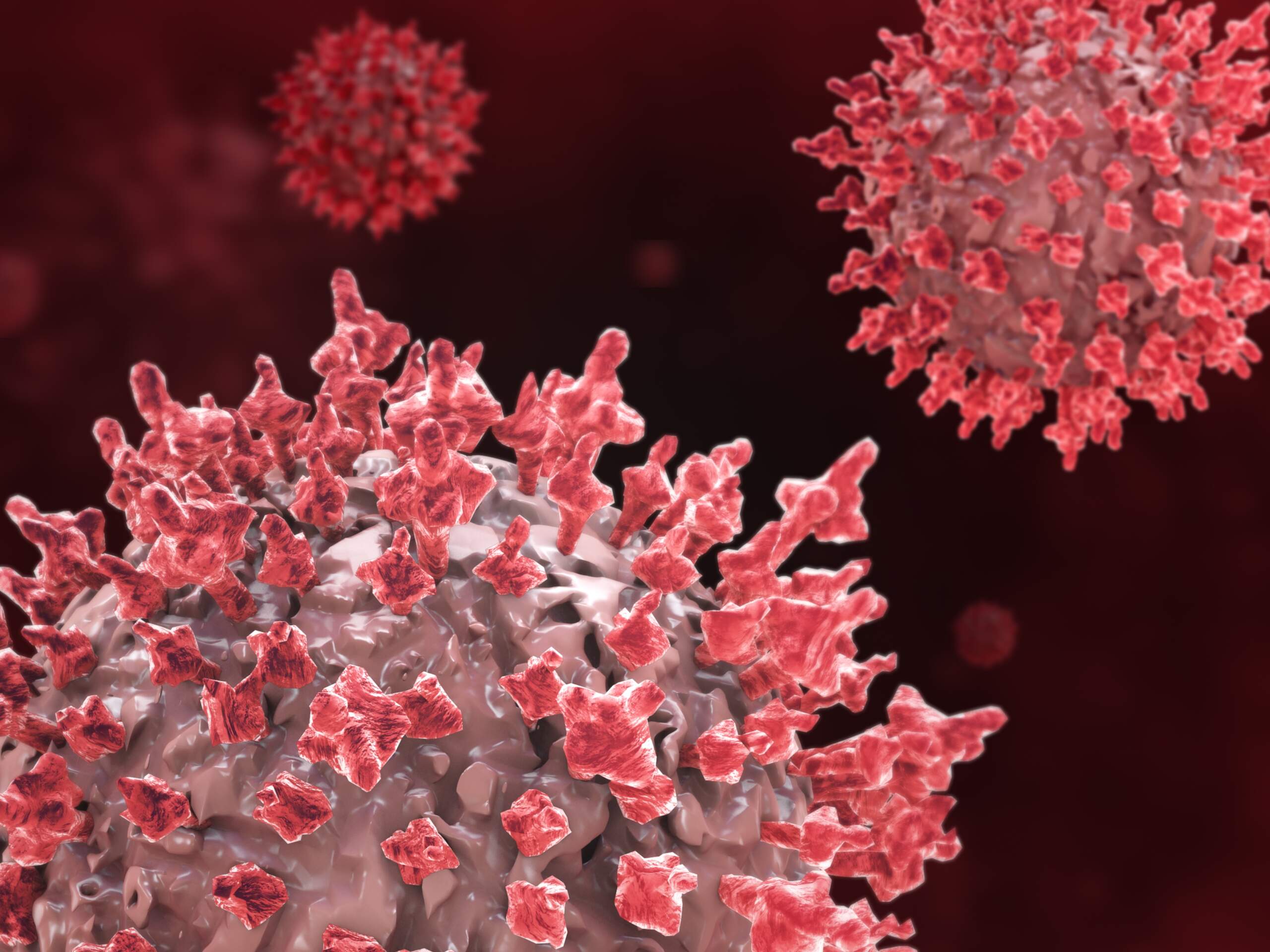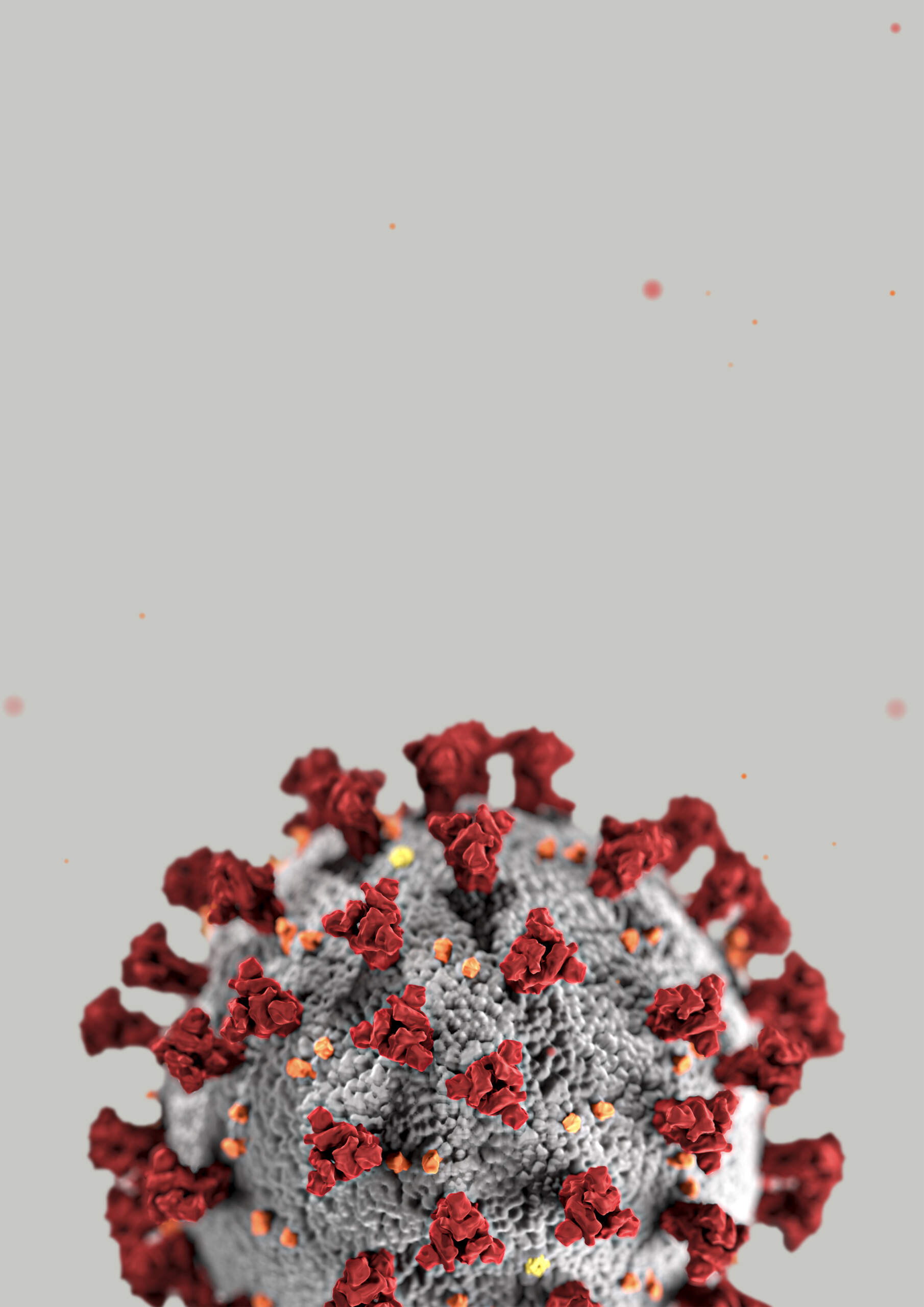
HIV Positive Hair Transplant
Yes—many people living with HIV can have a hair transplant safely, as long as their condition is well controlled. Most clinics look for stable treatment, no active infections, and reassuring recent blood results such as viral load and CD4 count. Your HIV specialist should clear you for elective surgery before you book a procedure.
Hair transplantation is a minor surgical procedure, but it still involves small incisions and a healing phase. For HIV-positive patients, the key question is not “Can it be done?” but “Is it safe to do it now?” With modern antiretroviral therapy, many patients have normal day-to-day health and can be suitable candidates.
This guide explains who may be eligible, what medical checks are usually needed, how reputable clinics manage hygiene and confidentiality, and what to expect from popular techniques such as FUE, Sapphire FUE, and DHI. It is general information and should not replace advice from your HIV care team.
Can HIV-Positive Patients Get A Hair Transplant?
In many cases, yes. HIV itself is not an automatic barrier to hair restoration. Surgeons typically focus on immune status, viral control, and overall health because these factors affect healing and infection risk. If you are medically stable and cleared by your HIV specialist, you may be able to proceed like any other patient.
When A Hair Transplant May Be Postponed
A clinic may recommend delaying the procedure if your immune system is under strain or if there are signs that healing could be slower than normal. Postponing is usually temporary and is done to protect your safety and your results.
- Detectable or poorly controlled viral load, or recent changes in antiretroviral therapy.
- Low CD4 count or a history of opportunistic infections that suggests reduced immune reserve.
- Active infections, fever, untreated skin conditions on the scalp, or uncontrolled chronic illnesses (for example, diabetes).
- Medications or bleeding/clotting issues that may increase surgical risk and need specialist coordination.
 Pre-Procedure Medical Checks
Pre-Procedure Medical Checks
Because hair transplantation is elective, responsible clinics usually ask for recent medical documentation. This helps your surgical team plan safely and coordinate with your HIV physician if needed.
Commonly Requested Tests And Documents
- Recent HIV viral load and CD4 count results (timing depends on your doctor and clinic protocol).
- A medication list including antiretroviral therapy, blood thinners, supplements, and allergy history.
- Basic pre-op bloodwork such as complete blood count and clotting profile, depending on the clinic.
- Screening for other bloodborne infections may be requested as part of standard surgical safety.
Medical Clearance Matters
If your viral load is not well controlled or your CD4 count is low, your HIV doctor may recommend optimizing treatment before surgery. That conversation should happen early, especially if you are travelling for a procedure. Clearance is also the best way to avoid last-minute cancellations.
Is Hair Transplant Riskier With HIV?
For patients with well-controlled HIV, the overall risk profile can be similar to that of HIV-negative patients. Risks may increase when viral load is uncontrolled or immune function is reduced, mainly due to slower wound healing and a higher chance of infection. Your surgeon may adjust aftercare instructions, consider prophylactic antibiotics when appropriate, and monitor healing more closely.
Clinic Safety Protocols That Matter
A hair transplant should be performed in a medical environment that follows strict infection-control standards for every patient. These precautions are designed to prevent cross-contamination and protect both patients and staff, regardless of HIV status.
Key Hygiene And Sterility Measures
- Single-use needles, blades, and other disposables for each patient.
- Sterilized reusable instruments (typically via autoclave) and properly sealed sterile packs.
- Appropriate personal protective equipment for the surgical team and safe sharps disposal.
- Clear cleaning protocols for the room and surfaces between patients.
Privacy And Disclosure
You should tell your doctor and clinic about your HIV status and medications. This is important for your safety, anesthesia planning, and post-op prescribing. Reputable medical providers treat this information as confidential and use it only for clinical decision-making.
Hair Transplant Methods For HIV-Positive Patients
he technique is usually selected based on your donor area, hair characteristics, the size of the bald area, and your styling goals—not simply because you are HIV-positive. When your health is stable, you can typically be considered for the same methods offered to other patients.
FUE And Sapphire FUE
FUE (Follicular Unit Extraction) moves individual follicular units from the donor area to thinning zones. In Sapphire FUE, the channels are created with sapphire blades, which some clinics use for precise incisions. Your surgeon will decide whether this approach fits your scalp, graft plan, and expected density.
DHI
DHI (Direct Hair Implantation) places grafts using an implanter pen, allowing implantation without pre-made channels in some cases. It may be useful for refining hairlines or working in areas where angle control is critical. The best option depends on graft count, existing hair, and surgical strategy.
Hybrid Techniques
Some clinics combine elements of FUE and DHI to match different areas of the scalp. Hybrid planning can be helpful when you want a softer hairline and strong coverage in the mid-scalp or crown. Your consultation should include a clear graft estimate and a realistic density plan.

Aftercare And Healing Timeline
After a hair transplant, the scalp needs time to recover and the grafts need time to settle. Careful washing, avoiding friction, and taking medications exactly as prescribed are especially important if you have any medical condition that could affect healing. Always check for drug interactions before taking antibiotics, painkillers, or supplements.
What Most Patients Experience
- Redness and mild swelling in the first days, then gradual healing of the tiny extraction and implantation sites.
- Temporary shedding of transplanted hairs (shock loss) can occur in the first weeks and is usually expected.
- Visible growth often starts around the third or fourth month, with fuller results developing over 9–12 months.
Hair Transplant In Turkey For HIV-Positive Patients
Turkey is a popular destination for hair transplantation, including for international patients who want a planned medical trip. If you are HIV-positive, choose a clinic that operates in a licensed medical setting, explains its infection-control standards clearly, and is comfortable coordinating with your HIV doctor.
What To Check Before You Book
- The procedure is performed by qualified medical professionals in a regulated clinic or hospital environment.
- You receive a written plan covering technique, graft estimate, anesthesia, and aftercare.
- The clinic is transparent about sterilization, single-use items, and how it protects patient privacy.
- You can share your lab results securely and get a clear medical green light before travelling.
Frequently Asked Questions
Do I need to tell the clinic I’m HIV-positive?
Yes. Your surgeon needs an accurate medical history to plan anesthesia, prescribe safe medications, and reduce infection risk. Your information should be treated as confidential medical data.
Can I have a transplant if my viral load is detectable?
It depends on the level of control and your overall health. Many surgeons prefer elective procedures when viral load is well controlled and your doctor confirms you’re stable.
Will a hair transplant increase the risk of HIV transmission to others?
No. In a properly run medical setting, strict infection-control practices are designed to prevent cross-contamination for every patient.
Does HIV affect graft survival?
When HIV is well controlled and healing is normal, graft survival can be comparable to other patients. Poor immune control can increase complications and may affect results.
Is the procedure painful?
Hair transplantation is usually performed under local anesthesia. You may feel pressure or mild discomfort, and most patients manage post-op soreness with standard pain relief advised by their doctor.
Is the cost different for HIV-positive patients?
Pricing is usually based on graft count, technique, and clinic package. Some clinics may request additional pre-op screening or coordination, but HIV status alone should not automatically change the plan.
Can I travel to Turkey for surgery while on antiretroviral therapy?
Many patients can, but plan ahead. Bring enough medication for the trip, keep it in your carry-on, and schedule follow-up access with your HIV doctor in case you need advice after you return.
When should I contact the clinic after surgery?
Contact the clinic promptly if you notice increasing pain, fever, spreading redness, unusual discharge, or anything that concerns you. Early assessment helps prevent minor issues from becoming bigger problems.
A Note From Hair Center of Turkey
If you are considering a hair transplant in Istanbul and you are living with HIV, a private consultation can help clarify eligibility and the safest timing. At Hair Center of Turkey, our team can review your medical information (with your consent), explain the technique options, and outline the hygiene measures used during the procedure. You can request a free consultation to discuss your goals and next steps.




